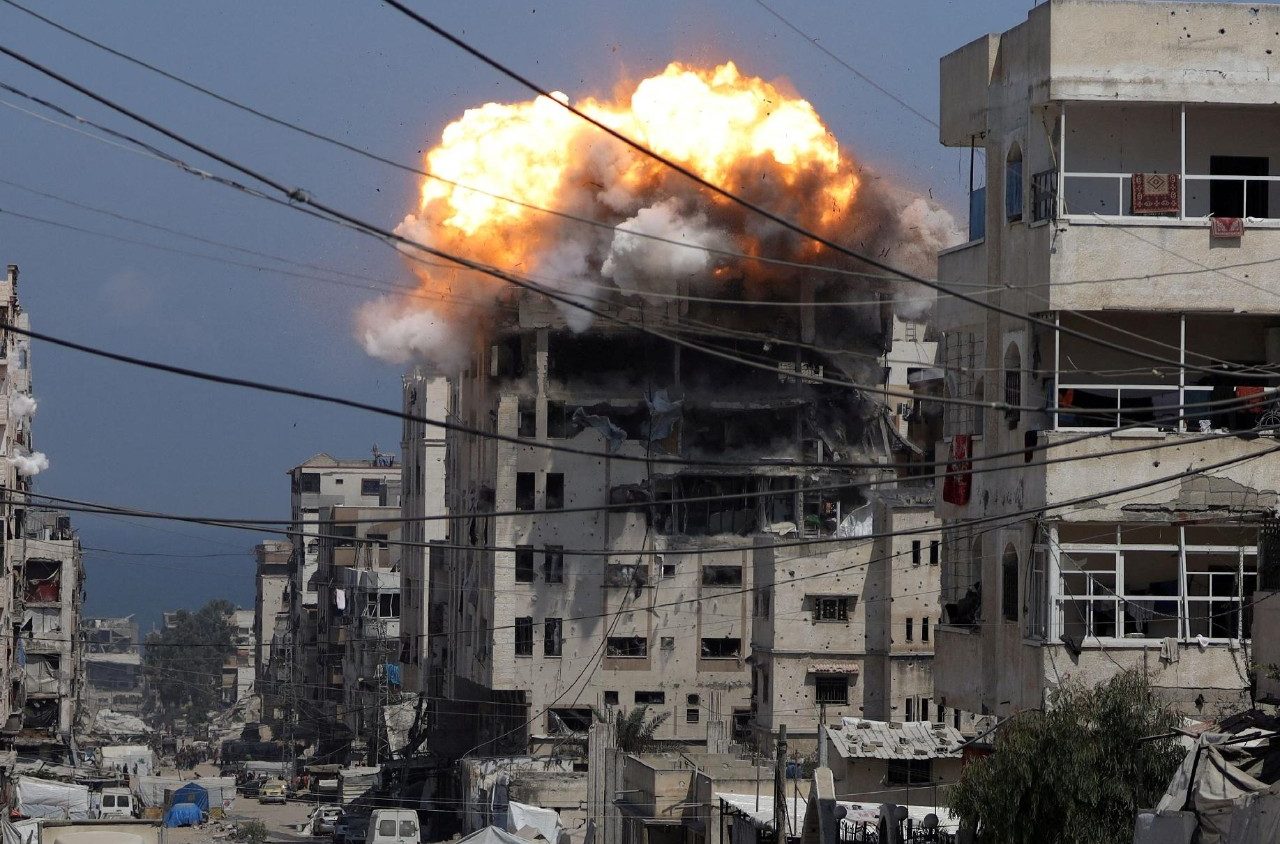T4K3.news
Pope Leo Urges Peace in Ukraine
Pope Leo calls for work and prayer to reach peace in Ukraine as talks continue.
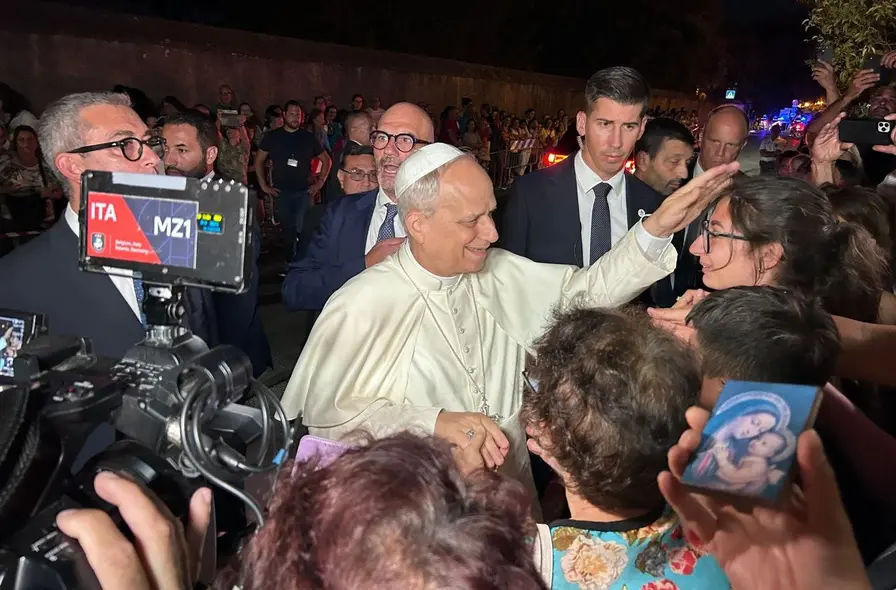
Pope Leo uses his Castel Gandolfo engagements to press for peace in Ukraine and to frame charity as a path to reconciliation.
Pope Leo Urges Peace in Ukraine Through Work and Prayer
Pope Leo told journalists at Castel Gandolfo that there is hope for Ukraine but that work and prayer are needed to find peace. He did not name any leaders, but he suggested that negotiations are possible and that someone is listening as efforts move forward. He spoke of patience and prayer as essential to any path toward ending the war, and he thanked the crowd gathered to wish him well on his departure for the Vatican.
During his seven days at Castel Gandolfo, the pope celebrated Mass near the shrine of Our Lady, recalled the example of Pope Saint John Paul II, and reiterated his view that the world should not accept the logic of conflict or arms as a default response. He also used his Angelus to remind followers that peace requires concrete actions, not slogans, and to hope that negotiations serve the common good of peoples. The pope’s public schedule included a lunch with about a hundred poor and homeless people in Albano and a private visit to the sanctuary of Mentorella, where he prayed for peace and shared a simple meal with the Resurrectionist community.
Key Takeaways
"There is hope, but we still need to work hard, pray hard"
Pope Leo on Ukraine talks
"The fire of love, which humbles itself and serves"
Mass with the poor in Albano
"Not the fire of weapons but the fire of goodness renews the world"
Angelus remarks on peace
"Sharing bread together is the gesture with which Jesus is recognized among his people"
Lunchtime with the poor in Albano
The pope’s remarks press a moral line in a fraught moment for Ukraine, positioning faith leaders as advocates for diplomacy while avoiding a partisan take. By framing peace as both a spiritual and practical pursuit, he ties religious witness to international dialogue without dictating strategy. That stance can elevate public empathy for victims while also inviting scrutiny from politicians who may view church pronouncements as a soft pressure tactic. The risk is that religious rhetoric could be interpreted as political interference or a tilt toward particular negotiation approaches, inviting backlash from critics who want the church to stay out of statecraft. Still, the pope’s emphasis on charity and shared bread reinforces a human‑centered approach to peacemaking that could influence aid priorities and public opinion. The coming weeks will test how much moral weight such messages carry in actual talks on ending the war.
Highlights
- There is hope but we still need to work hard and pray hard
- The fire of love humbles itself and serves
- Not the fire of weapons but the fire of goodness renews the world
- Sharing bread together is how Jesus is recognized among his people
Risk: political sensitivity around Ukraine diplomacy
The pope's comments touch on international negotiations and may influence or be interpreted as a political stance. This invites scrutiny from political actors and could provoke public reaction in faith communities.
Faith in action may shape the next steps in peace talks as leaders weigh mercy against power.
Enjoyed this? Let your friends know!
Related News
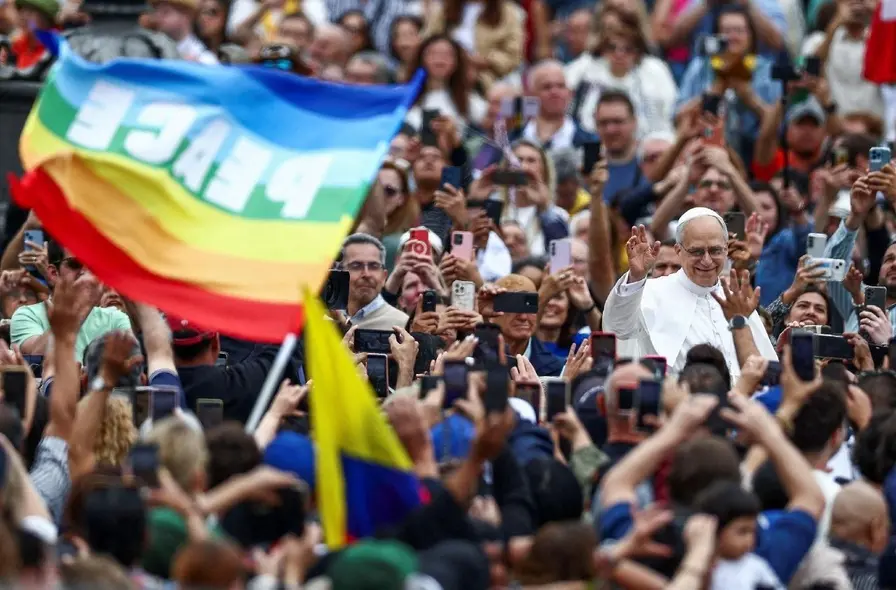
Pope Leo XIV calls for day of prayer and fasting for peace
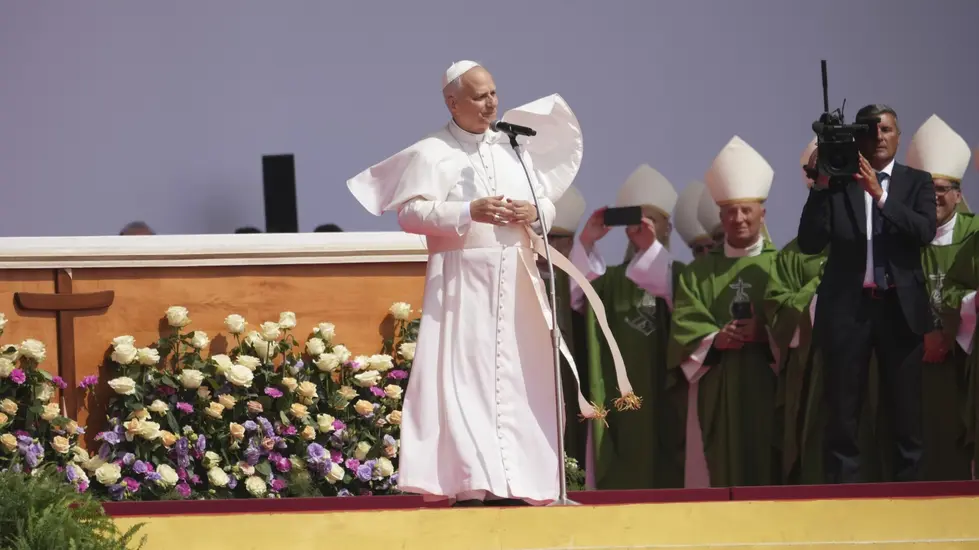
Pope Leo inspires youth to promote peace
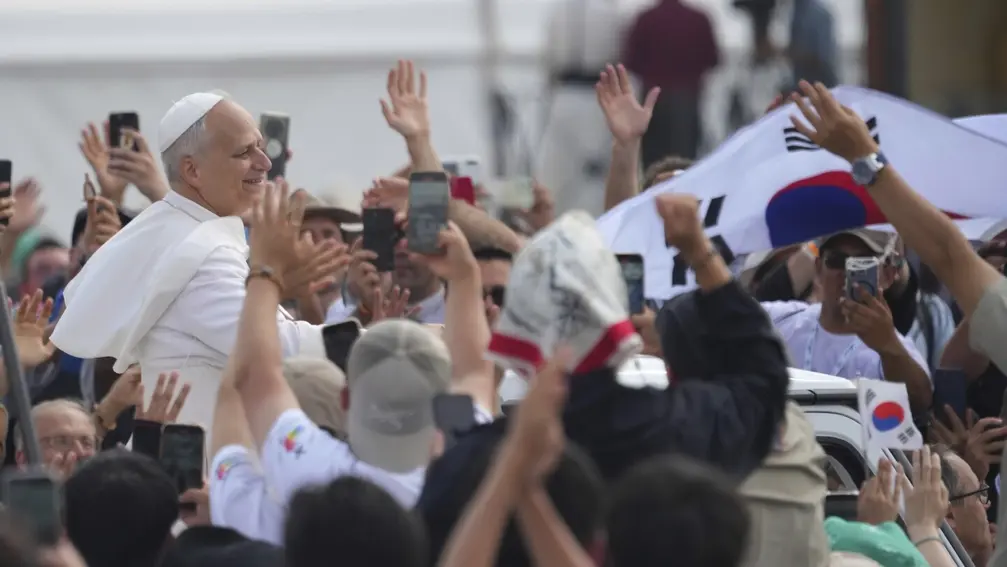
Pope Leo XIV inspires youth to envision a better world
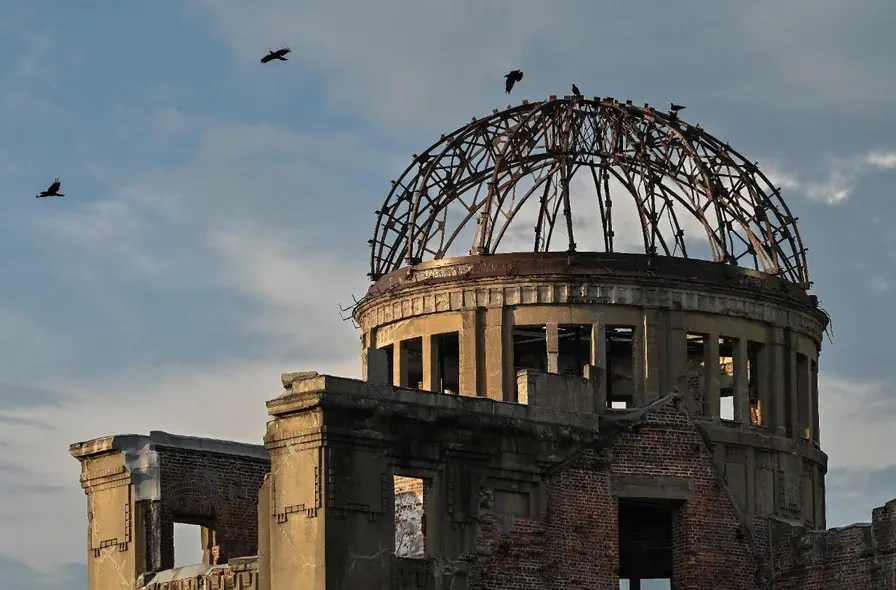
Pope urges commitment to peace on Hiroshima anniversary
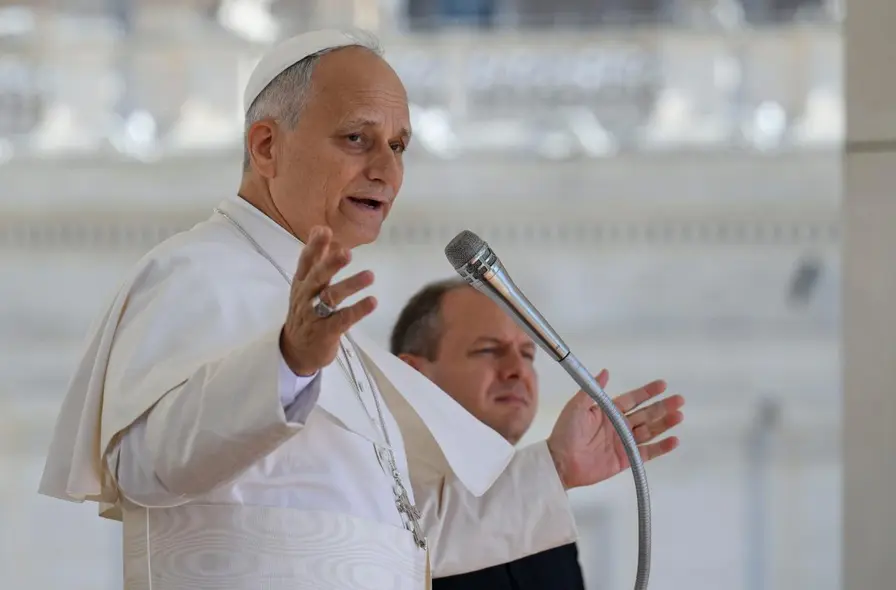
Pope Leo XIV appeals for peace following DRC church attack
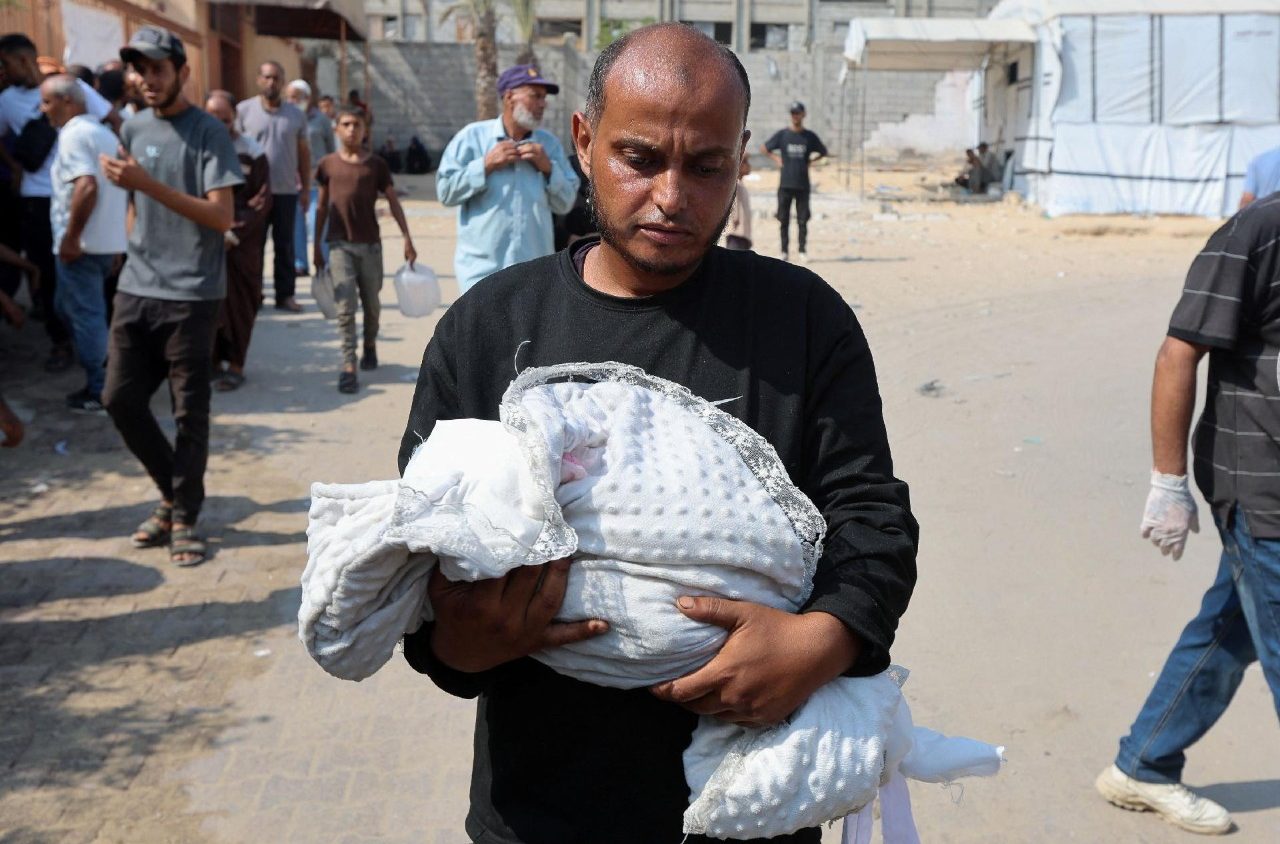
Pope issues urgent appeal for starving Gazans
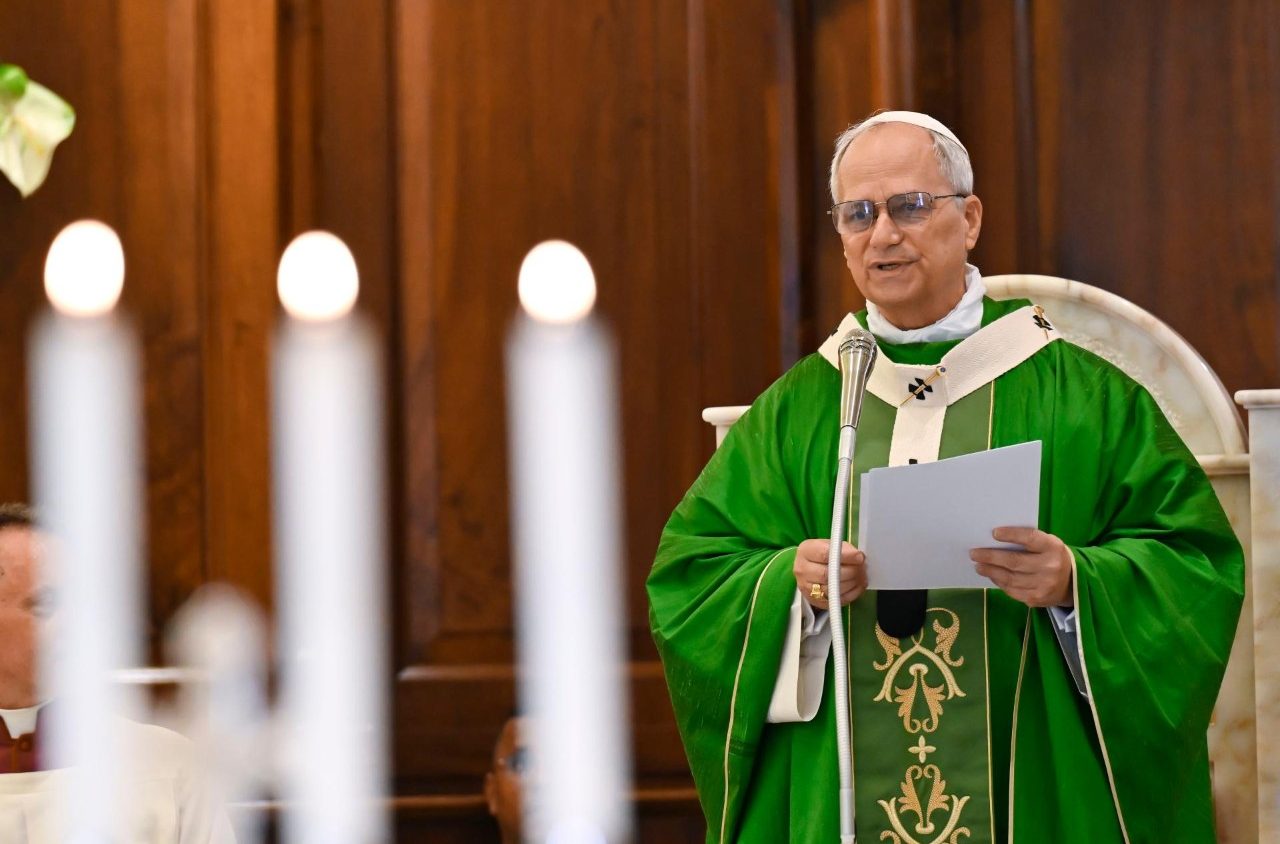
Pope Leo calls for summer moments of reflection
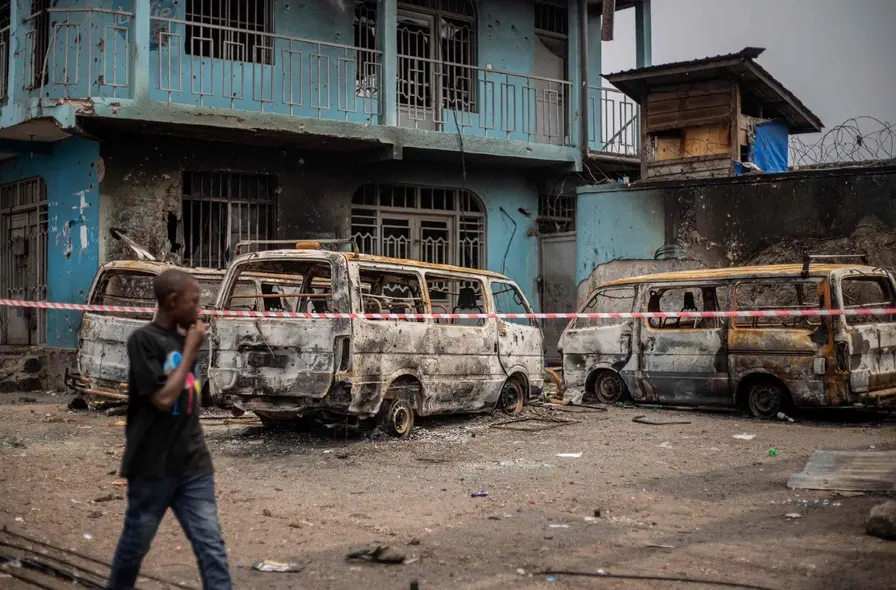
Pope mourns victims of DRC church attack
